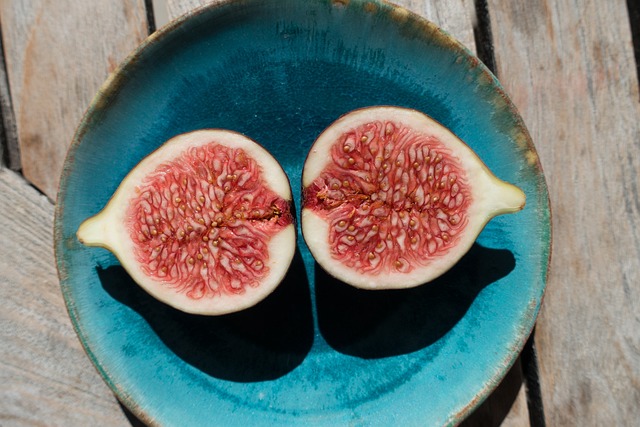Evolution of Probiotics: From Ancient Remedies to Modern Science
Probiotics have gained increasing popularity in recent years due to their numerous health benefits. But did you know that the use of probiotics dates back thousands of years? Throughout history, different cultures have recognized the importance of maintaining a healthy balance of gut bacteria for overall well-being. In this article, we will explore the evolution of probiotics from ancient remedies to modern science.
Ancient Origins
The ancient Egyptians and Greeks were among the first to understand the significance of probiotics. They believed that fermented foods provided health benefits, not fully understanding the scientific reasons behind it. These early civilizations would consume fermented milk and other fermented products to promote good digestion and overall health.
In India, the ancient practice of Ayurveda recognized the importance of gut health for maintaining a strong immune system. They used fermented foods like yogurt and buttermilk to aid digestion and promote balance within the body.
Traditional Chinese medicine also recognized the connection between gut health and overall well-being. They consumed fermented foods such as pickled vegetables and fermented soy-based products like miso and tempeh.
Scientific Discovery
The true understanding of probiotics and their mechanisms did not come until much later in history. In the early 20th century, the Russian scientist Elie Metchnikoff discovered that certain bacteria found in yogurt could positively impact human health. He suggested that these beneficial bacteria could help combat harmful microorganisms in the gut.
In the 1960s and 1970s, research on probiotics continued to advance. The concept of the ‘gut flora’ or microbial ecosystem within the digestive tract began to take shape. Scientists recognized the role of beneficial bacteria in maintaining a healthy gut and started exploring the potential applications in medicine.
Probiotics in Modern Times
In recent decades, the field of probiotics has seen significant advancements. Scientists have identified specific strains of bacteria that provide various health benefits. These strains are now commonly used in probiotic supplements and fermented foods.
Probiotics have been extensively studied for their potential in improving digestive health, boosting the immune system, and even supporting mental well-being. Research has shown that probiotics can help alleviate symptoms of certain gastrointestinal disorders, such as irritable bowel syndrome and inflammatory bowel disease.
Beyond gut health, probiotics have also been linked to improved skin conditions, reduced risk of allergies, and better oral health. The potential applications are wide-ranging, and ongoing research continues to uncover new possibilities.
Choosing the Right Probiotic
With the growing market for probiotic products, it’s essential to choose the right one for your needs. Different strains of bacteria have different effects on the body, so understanding your specific health goals is crucial.
When selecting a probiotic supplement, look for products that contain well-researched strains and have undergone rigorous quality testing. The label should clearly specify the types and amounts of bacteria present, allowing you to make an informed decision.
It’s also a good idea to consult with a healthcare professional before starting any new probiotic regimen, especially if you have underlying health conditions or are taking medications.
The Future of Probiotics
As our understanding of probiotics continues to expand, we can expect to see even more innovative uses in the future. Researchers are exploring the potential of genetically modifying probiotic bacteria to enhance their beneficial properties. This may lead to the development of personalized probiotic therapies tailored to individual needs.
The use of probiotics in agriculture is also being explored, with the aim of promoting healthier crops and reducing the need for chemical fertilizers and pesticides.
Overall, the evolution of probiotics from ancient remedies to modern science has been a remarkable journey. As we continue to unlock the secrets of the gut microbiome, the potential for improving our health and well-being through probiotics is immense.







